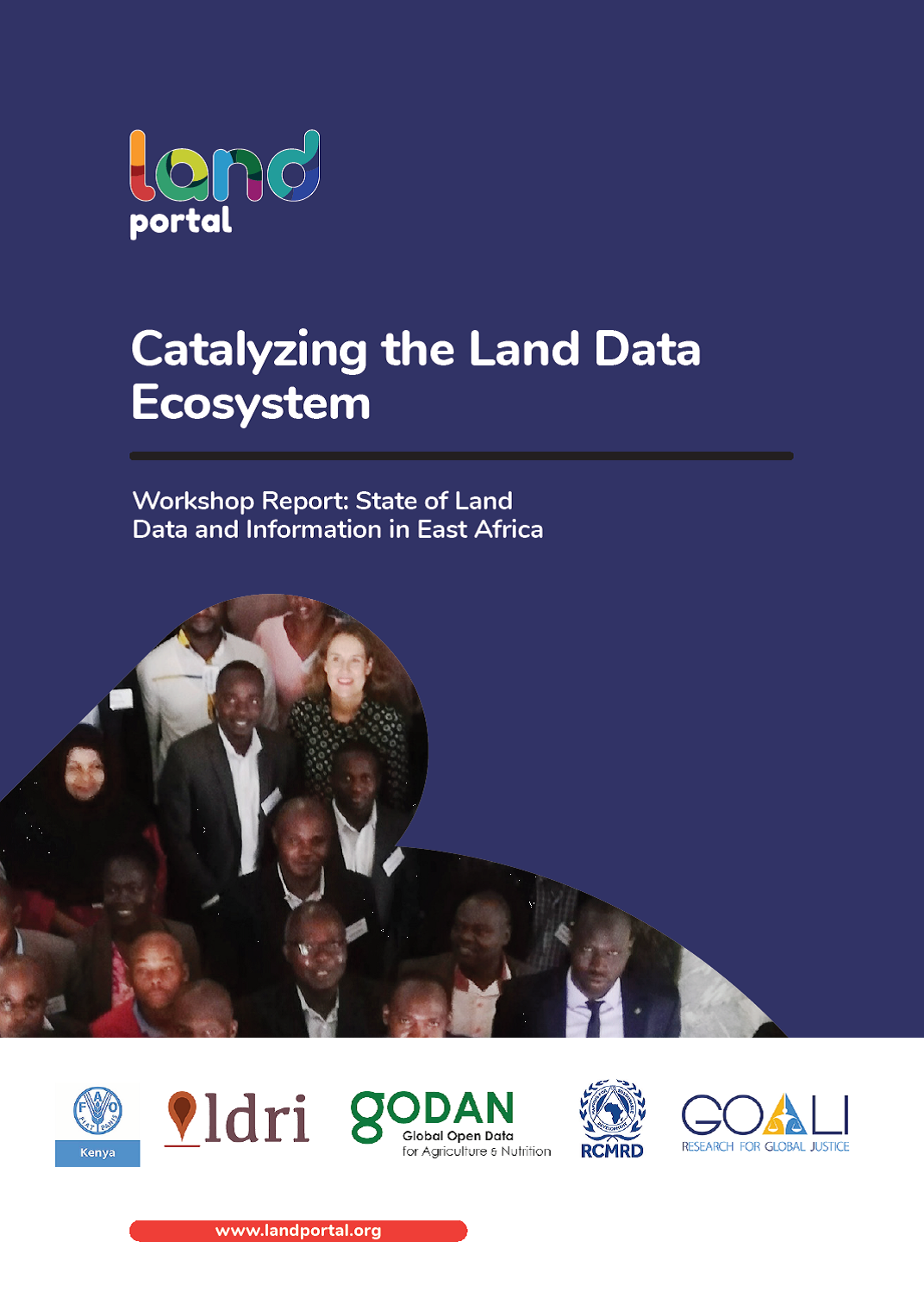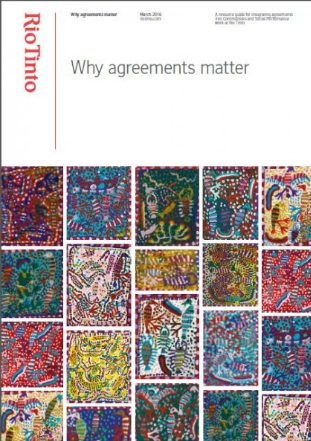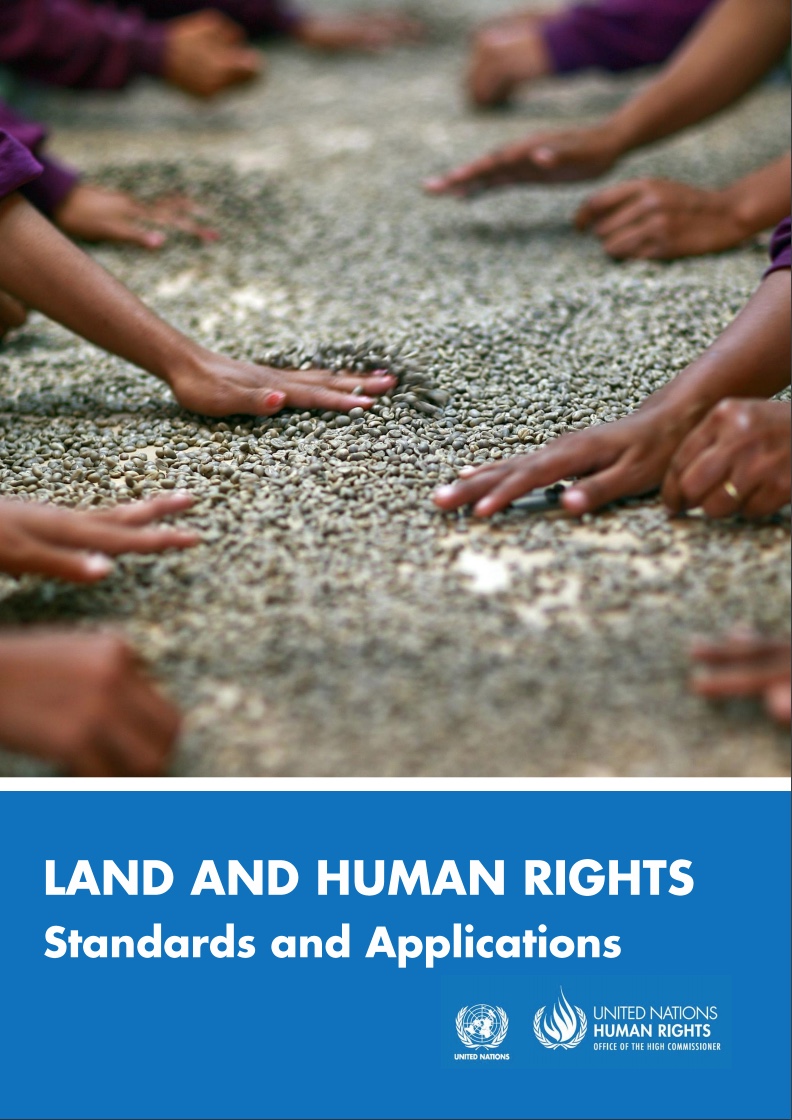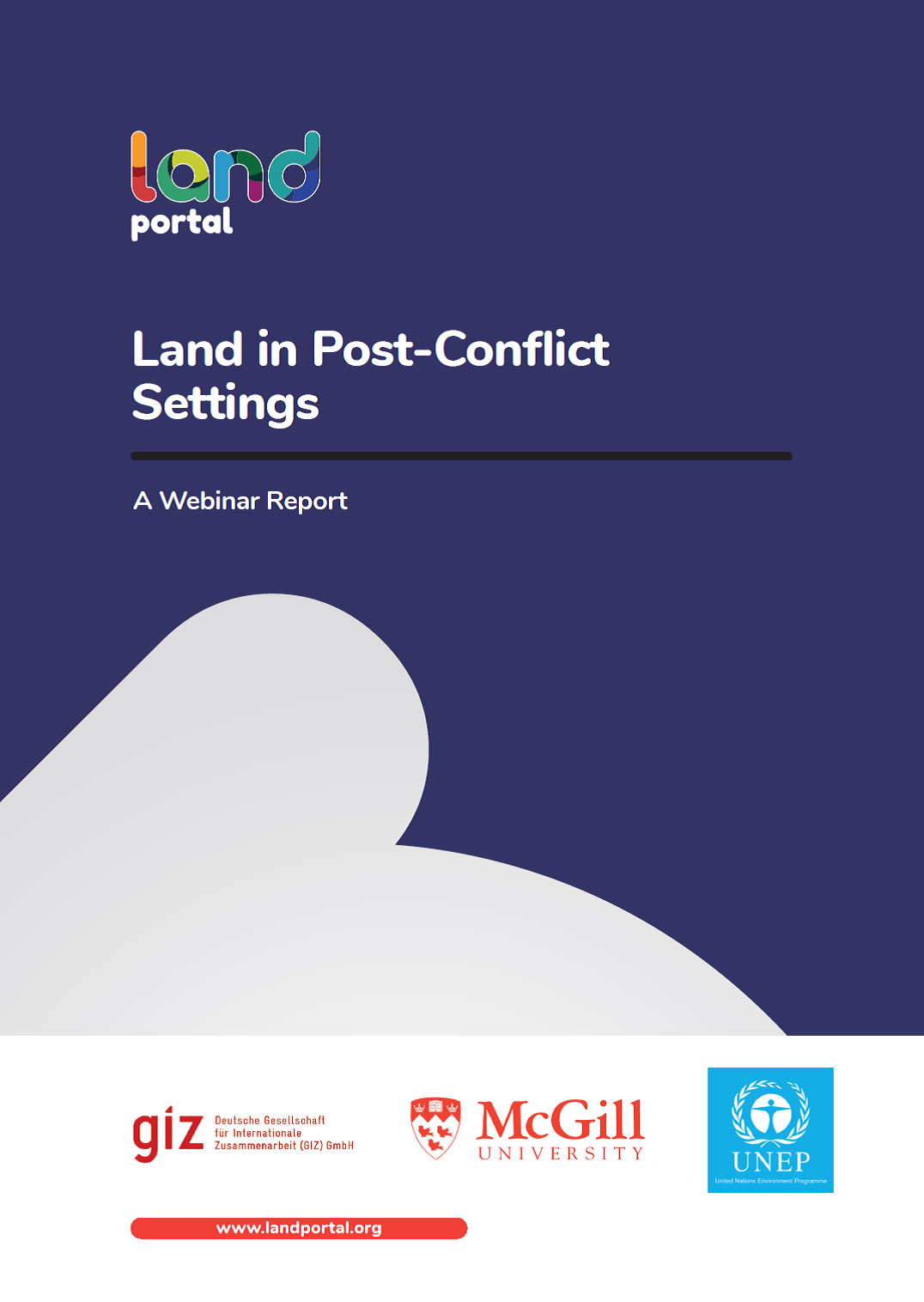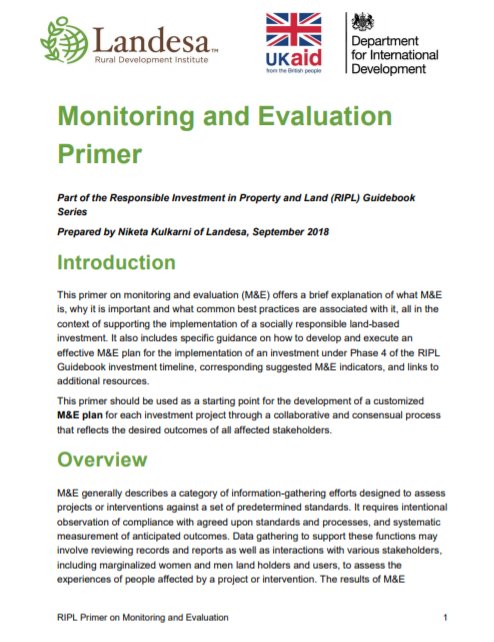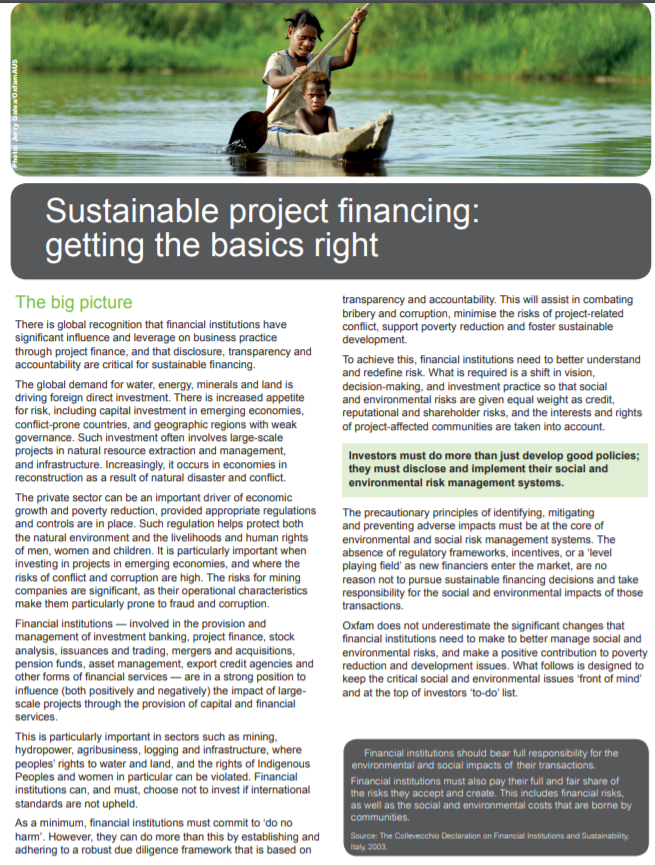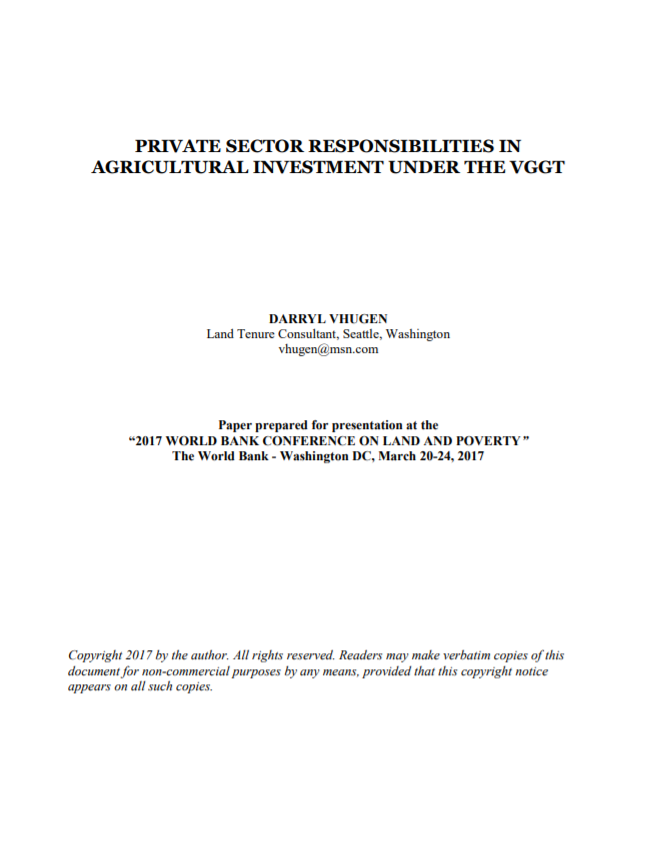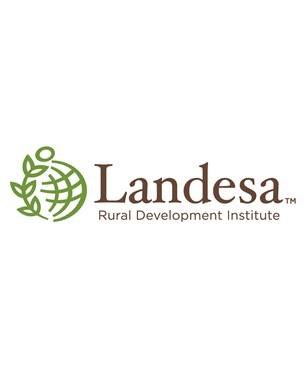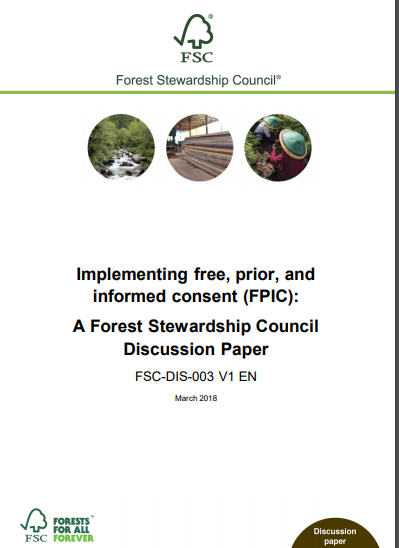The State of the Expanded Public Works Programme in South African Cities
The South African Cities Network (SACN) EPWP Reference Group is a peer-based platform, comprising key city officials responsible for implementing the EPWP in their respective cities. This collective has continued to meet quarterly over the 2017/18 period, providing a forum in which experiences and knowledge are exchanged. The Reference Group continues to contribute to enhancing coordination between the cities and other role players towards the effective and synergistic implementation of the EPWP.


